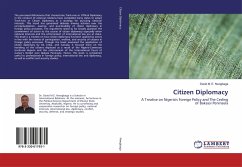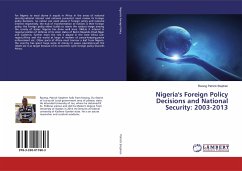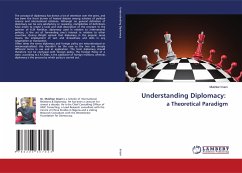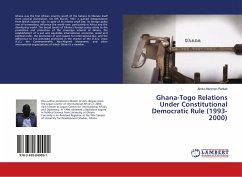The perceived deficiencies that characterize Track-one or Official Diplomacy in the conduct of external relations have compelled many states to adopt Track-two or Citizen Diplomacy as a strategy for pursuing national interests. This trend has generated debates among scholars over the conceptualization, essence, and practicability of citizen diplomacy in foreign policy processes. The arguments raised so far largely question the commitment of actors to the course of citizen diplomacy especially when national interests and the enforcement of international law are at stake. This book is a treatise on how citizen diplomacy has been applied by actors in line with the tenets of participation, welfare, and security of citizens in foreign policy processes. Though the book examined the application of citizen diplomacy by US, India, and Canada; it focused more on the handling of the citizens displaced as a result of the Nigeria-Cameroon territorial dispute and the enforcement of the International Court of Justice's Verdict over Bakassi Peninsula. Hence, this book is considered useful to professionals in foreign policy, international law and diplomacy, as well as conflict and security studies.
Bitte wählen Sie Ihr Anliegen aus.
Rechnungen
Retourenschein anfordern
Bestellstatus
Storno








